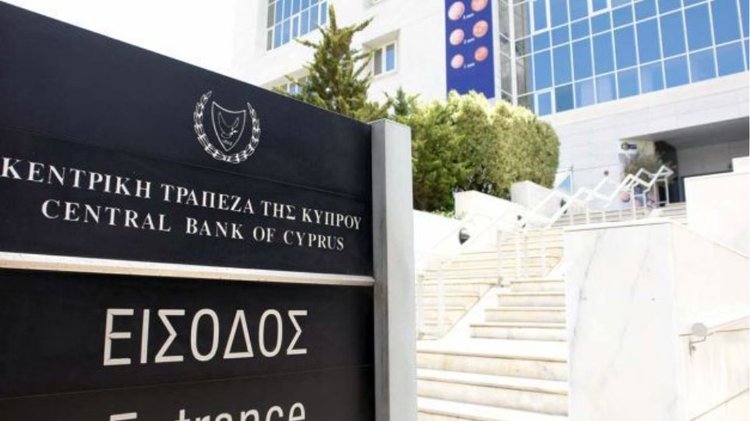FinMin and CBC Governor highlight need for financial stability
07:56 - 21 June 2023

Minister of Finance Makis Keravnos and Governor of the Central Bank Constantinos Herodotou have highlighted the need for the preservation of financial stability.
Addressing the annual general meeting of the Association of Cyprus Banks on the evening of 20 June, both Keravnos and Herodotou stated that Cyprus’ banking sector has registered progress in addressing its challenges since the 2013 financial crisis but noted that challenges remain.
The CBC chief furthermore noted that “the existences of a stable foreclosures framework constitute a significant precondition for maintaining financial stability.”
“The tool of foreclosures is not an end in itself but a leverage so that creditors and borrowers would conclude to viable restructurings,” Herodotou said as the parliament is discussing a proposal that would loosen the existing foreclosures framework.
In his address, Herodotou added that the CBC is at the disposal of all stakeholders and authorities for the discussion of proposals that could remedy possible weaknesses observed in the framework, recalling that the CBC supported proposals for greater transparency in the warning letters sent to non-performing borrowers and debt to asset swabs on the basis of the asset’s market value.
Furthermore, Herodotou said that non-performing loans may have declined from 44% of total loans in 2017 to 9.5% in end-2022, but underlined that this rate is still higher that the EU average of 1.5%, while the progress in addressing NPLs was limited to large banks.
He also stressed that the uncertain economic environment may exert pressures to households and businesses in repaying their obligations.
“For this reason, it is of primary importance banks to implement restructuring processes with reduced charges and no additional costs, placing special emphasis on vulnerable customer groups,” he said.
In his address, Makis Keravnos stated that maintaining macroeconomic stability along with fiscal discipline and financial stability constitutes a main and stable policy for the government, so that economic growth and job creation would continue.
Pointing out that the Cypriot banking sector has made notable progress having strong capital base and strong liquidity, Keravnos added that challenges and risks remain visible, as manifested by the recent shocks in the US and Switzerland.
He cited challenges such as effective risk management, technological innovation, which is directly linked with cybersecurity.
The Minister also expressed satisfaction over the recent actions by banks to absorb part of the increased borrower cost due to rising interest rates and increasing deposit rates, noting he is certain that banks will continue to monitor the development closely.
“Because, (banks) know very well that continued improvement of the banking sector is directly attached with financial stability which in turn is based on the sound financial positions of borrowers, both households and businesses, the majority of which are small and medium sized enterprises.”
The Minister also stressed that the development of a stable economic policy that would safeguard sustainable growth through a framework of fiscal discipline and financial stability constitutes a fundamental precondition for economic stability.
“This precondition consists a standing policy for the government of President Nikos Christodoulides,” Keravnos stressed.
(Source: CNA)

